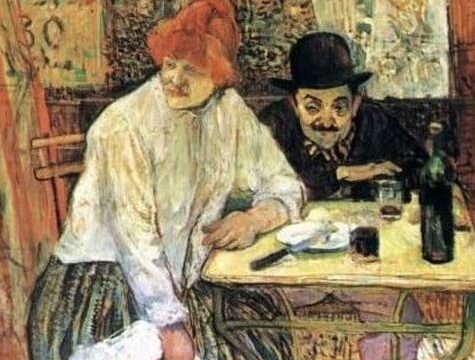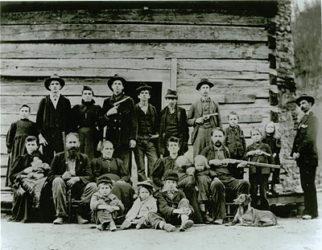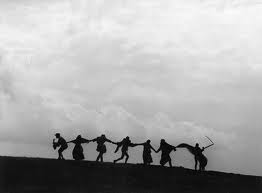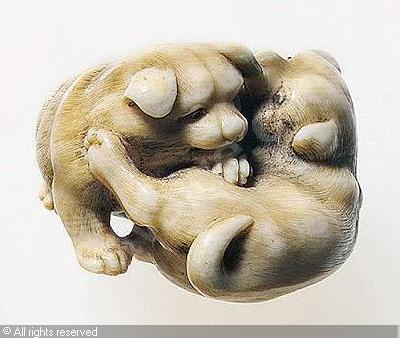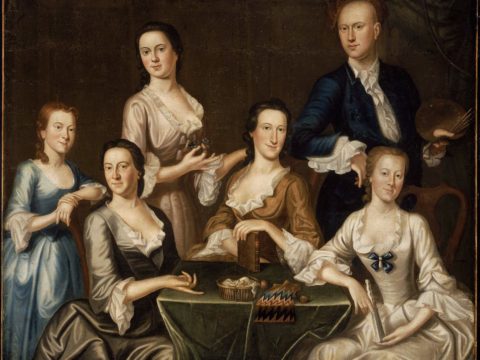“A few days sipping wine in he California sunshine—how bad could it be?” my husband coaxed. “The kids are in camp. It’s our chance to get away!” I let myself be persuaded. For years we’d heard glowing reports from friends who’d been enticed by Napa’s siren song. But I am here to report that […]
-
the tradition of blood feuds
// dsaw_admin // All, Blog
From a distance, a blood feud—in which two families commit to decades of mutual hate and revenge killing—seems like a form of madness. In America, it became a famous bit of our early history through its appearance in literature; or did it make it into literature because it was so famous? The Hatfield and McCoy feud, at the […]
-
twin studies and sibling rivalry
// dsaw_admin // All, Blog
Why are some twins so close as to develop something approximating a private language (called idioglossia or cryptophasia) while others are connected only by animosity? For a look-alike conversation between infant twins see this very funny clip. Are identical twins close more often than fraternal twins? If so, does this suggest that the determining […]
-
why is 7 a magic number?
// dsaw_admin // All, Blog
There are many theories for this, among which, that seven (like three, another sacred number) is a prime number, indivisible; that our daily lives are organized around a seven-day week; and that seven is the limit to the amount of information we can process and remember at one time. This last theory was developed […]
-
sibling rivalry, a rare topic
// dsaw_admin // All, Blog
Sibling rivalry is a key life challenge for most people. According to a new book, “The Sibling Rivalry Effect,” by Jeffrey Kruger, conflicts arise every 17 minutes between 3-7 year-olds and every 9.5 minutes between 2-4 year-olds: an impressive frequency. Such struggles often last a life-time, and sibling relationships tend to be more long-lasting than […]
-
sibling versus parental input
// dsaw_admin // All, Blog
Arguments are being made that sibling influences outdo parental ones in importance. A 2014 NPR article reported on research indicating that younger siblings tend to copy the elder in out of wedlock pregnancies. Similar influence is shown in behaviors such as smoking and drinking. Richard Rende, a professor of psychiatry at Brown University and one […]
